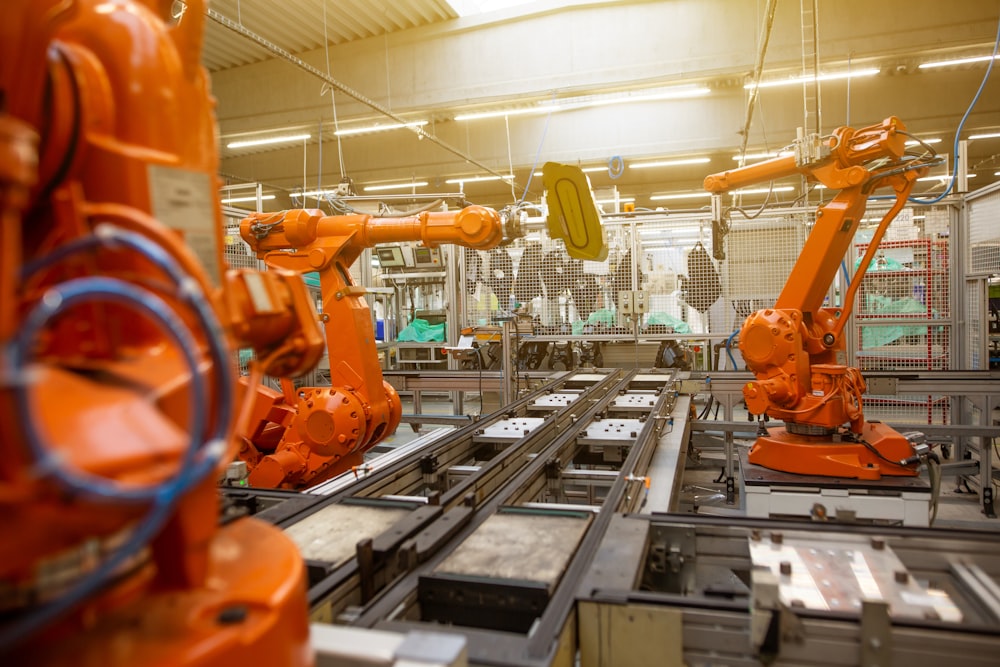
Unlocking the Potential of Automated Civil Litigation
Understanding the Evolution of Legal Technology
In recent years, the legal industry has witnessed a significant transformation fueled by advancements in technology. One area that has seen notable progress is civil litigation, where automation is reshaping traditional legal processes. This article explores the future trends of automated civil litigation and its potential impact on the legal landscape.
Enhancing Efficiency and Accuracy
Automation in civil litigation aims to enhance efficiency and accuracy in legal proceedings. By leveraging cutting-edge technologies such as artificial intelligence (AI) and machine learning, legal professionals can automate repetitive tasks, streamline document management, and conduct thorough legal research with greater speed and precision. This not only reduces the time and effort required for litigation but also minimizes the risk of human error.
Improving Access to Justice
One of the most promising aspects of automated civil litigation is its potential to improve access to justice. By automating routine legal tasks, legal professionals can serve a larger number of clients more effectively and efficiently. This is particularly beneficial for individuals and small businesses with limited resources who may otherwise struggle to afford legal representation. Additionally, automated systems can help expedite the resolution of legal disputes, reducing backlog and delays in the court system.
Challenges and Considerations
Despite its numerous benefits, automated civil litigation also presents certain challenges and considerations. One major concern is the ethical implications of relying too heavily on technology in legal decision-making. While automation can improve efficiency, it may also raise questions about transparency, accountability, and the potential for algorithmic bias. Additionally, there may be resistance from legal professionals who fear that automation could replace human judgment and expertise.
Adapting to Technological Change
To fully harness the potential of automated civil litigation, legal professionals must be willing to adapt to technological change. This requires ongoing training and education to familiarize themselves with new tools and methodologies. Moreover, legal organizations must invest in robust cybersecurity measures to safeguard sensitive client information and ensure compliance with data protection regulations. By embracing technology-driven solutions, legal professionals can stay competitive in an increasingly digital world.
Balancing Innovation with Tradition
As automated civil litigation continues to evolve, it is essential to strike a balance between innovation and tradition in the legal profession. While technology can streamline processes and improve efficiency, it must complement rather than replace the invaluable expertise and judgment of legal professionals. Moreover, legal practitioners must remain vigilant in upholding ethical standards and protecting the rights of their clients, even in an automated environment.
The Future of Automated Civil Litigation
Looking ahead, the future of automated civil litigation appears promising yet complex. As technology continues to advance, so too will the capabilities of automated systems in the legal sphere. From predictive analytics to virtual courtrooms, the possibilities for innovation are vast. However, it is essential for legal professionals to approach automation with caution and foresight, ensuring that it serves the interests of justice while upholding the principles of fairness and accountability. Read more about automated civil litigation







